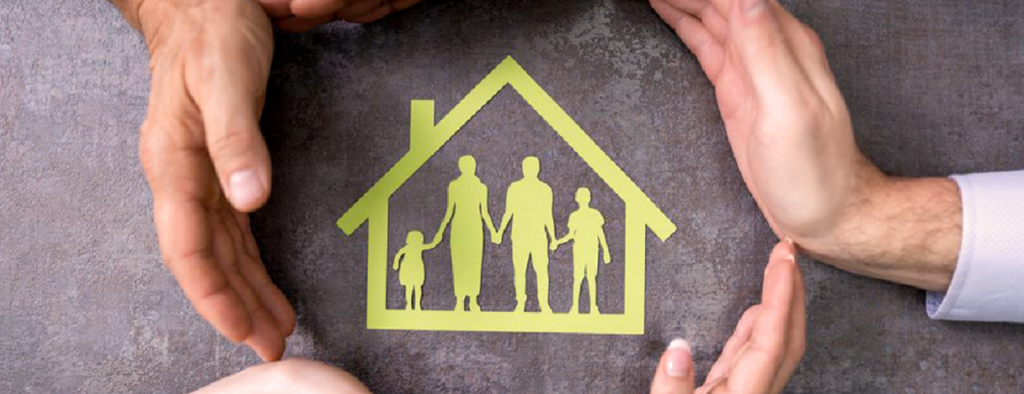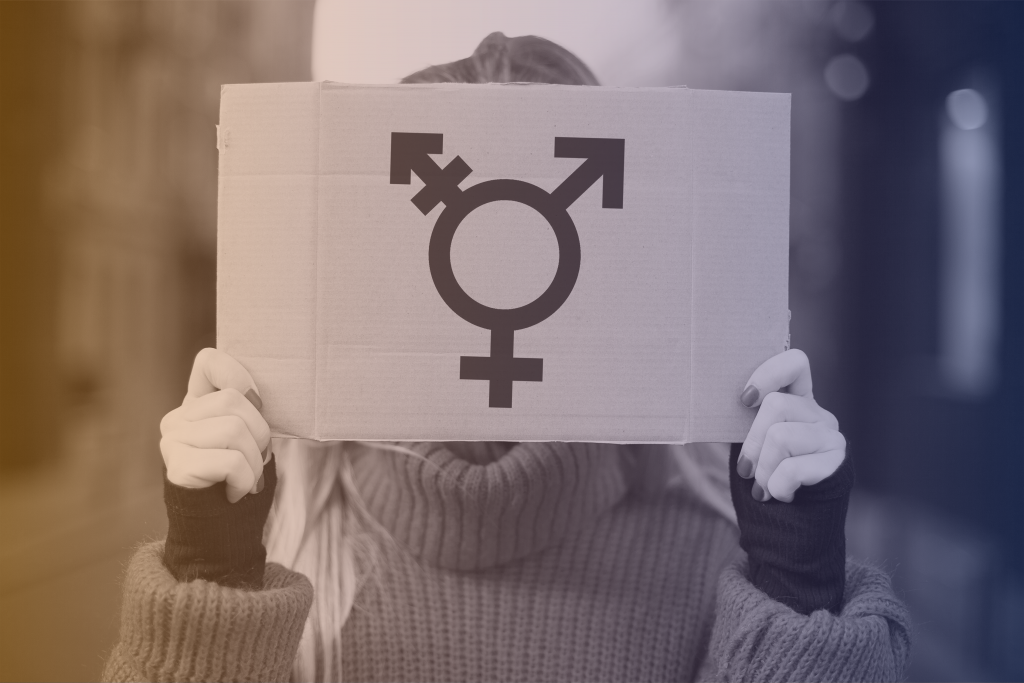WentWest Stories, PMHC: Naomi’s Story
In 2020, suicide accounted for 31% of deaths among people aged 15-17 years1. The WentWest Primary Mental Health Care (PMHC) team support various stakeholders, including GPs, psychologists, Mental Health Teams, Inpatient Units, and school counsellors, to triage and process mental health referrals from General Practice. Naomi was just 15 years old and actively […]
WentWest Stories, ITC: Frank’s Story
Long-term health conditions affect almost 90% of Aboriginal Elders or Torres Strait Islander people over the age of 551. One-quarter of Indigenous people also report problems accessing service providers to support their health and social care needs. The Integrated Team Care (ITC) Program improves health outcomes for Aboriginal and Torres Strait Islander people with chronic […]
WentWest Stories, KEYS: Louise’s Story
The Western Sydney Kids Early Years (KEYS) Network is the first of its kind in New South Wales. It is designed to align social and health sector agendas to deliver cohesive client services. KEYS relies on multi-sector collaboration to develop a coordinated care model for those stuck in a cycle of disadvantage. The KEYS Network […]
WentWest Stories: Angela’s Story
Western Sydney’s Rapid Response: Care in the Community for COVID-19 initiative empowers local health partners to coordinate digital care provision for COVID-19 patients. The program, a joint initiative between WentWest – the Western Sydney Primary Health Network (WSPHN), and Western Sydney Local Health District (WSLHD), sets a precedent for future home-based patient care. The […]
WentWest Stories, KEYS: Debbie’s Story

The Western Sydney Kids Early Years (KEYS) Network is the first of its kind in New South Wales. It is designed to align social and health sector agendas to deliver cohesive client services. KEYS relies on multi-sector collaboration to develop a coordinated care model for those stuck in a cycle of disadvantage. The KEYS Network […]
WentWest Stories Launch
WentWest is pleased to announce the launch of our WentWest Stories project. These stories celebrate the dedication of our staff, the impact of our programs, the commitment of our health professionals, and the resilience of our community. Our passion for equitable health care drives us as individuals and as an organisation, and unites us as we work with partners towards […]
WentWest Stories, Marrin Weejali: Maya’s Story
Marrin Weejali is an Aboriginal community organisation providing culturally safe alcohol, other drug and non-acute mental health counselling, referral and advocacy services to Aboriginal and Torres Strait Islander people in Western Sydney. One in six women in Australia have experienced physical or sexual violence by a current or previous partner, and one in four have […]
WentWest Stories, STARTTS: Anita’s Story

The NSW Service for the Treatment and Rehabilitation of Torture and Trauma Survivors (STARTTS) is a non-profit organisation providing culturally appropriate psychological treatment, support and community interventions. They help refugees, asylum seekers, new migrants, communities in cultural transition, and members of the CALD community heal from trauma and rebuild their lives in Australia. WentWest has […]
WentWest Stories, H2H: Claire’s Story
Over 3,000 people lose their lives to suicide each year in Australia.1 Hospital to Home (H2H) supports people living with mental health conditions and those who have attempted suicide for up to twelve weeks following their discharge from hospital. Those first few months are when people are most vulnerable and likely to re-admit to hospital with a mental health concern. The […]
WentWest Stories, Marrin Weejali: Michael’s Story
Marrin Weejali is an Aboriginal community organisation providing culturally safe alcohol, drug and non-acute mental health counselling, referral and advocacy services in Western Sydney. They take a personal and community-driven approach to identify the root causes of substance misuse and help clients find healthy solutions to work through their mental health issues.Over 13,000 Aboriginal and […]